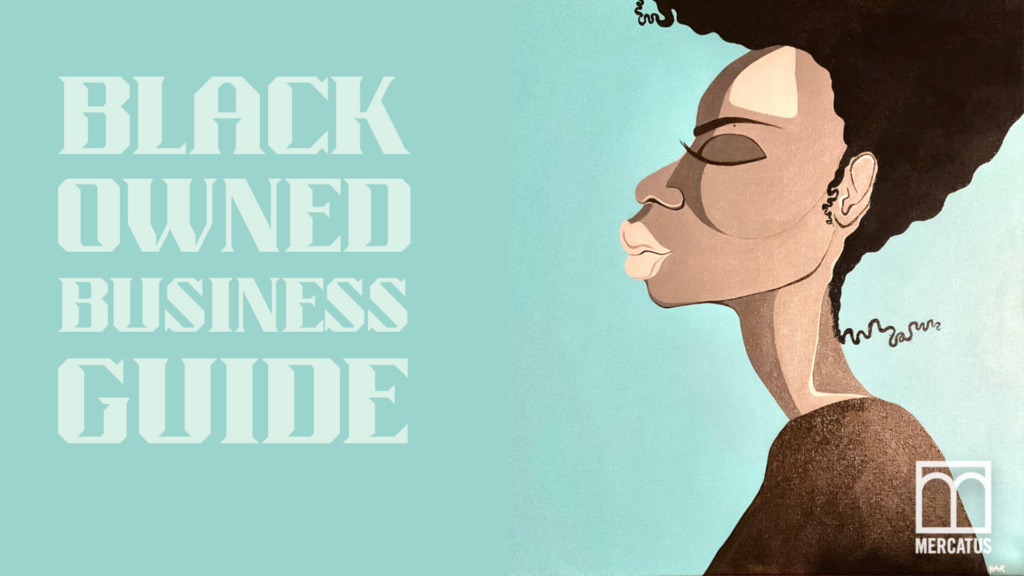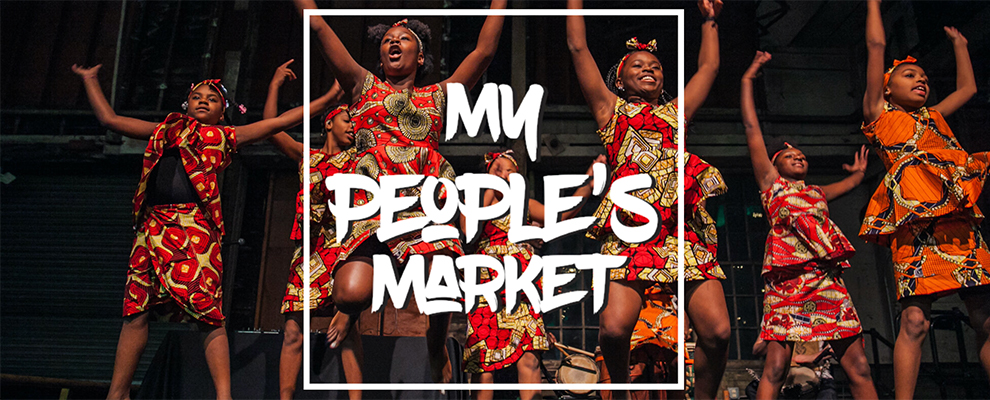Celebrating Black Histories
Black History Month is commemorated in February and is celebrated globally by people of the Black/African diaspora, as well as non-Black people. We pay deep reverence to our ancestors for being visionaries, creators, curators and holders of many truths. We look to the future together as we embody their examples of resilience, interdependence and magnificence.
We invite you into community as we celebrate ourselves, love one another, laugh with our bellies, and live joyously. We also invite you to explore how we activate toward racial justice and the obliteration of anti-Blackness everywhere.
Follow our social media channels where we are honoring Black History Month by highlighting local leaders, moments in history, and Black-owned businesses in Portland.
View a list of our favorite leisure activities (PDF).
– Prosper Portland’s Black Affinity Group
![Celebrating [Black History Month] February](https://prosperportland.us/wp-content/uploads/2024/02/BHM2-400x400.png)
Northeast Alberta Street is home to a series of seven heritage markers depicting the stories of 10 African Americans from Alberta St & NE Portland. An official unveiling of the markers took place on Tuesday, November 5, 2019, celebrating the power of storytelling and the use of that power to create more equitable placemaking. Prosper Portland provided Alberta Main Street with a Community Livability Grant to support the project and pay tribute to the area’s diverse history and the accomplishments of its residents and leaders.
On Monday, August 27, 2012, the celebration of the Dr. Martin Luther King, Jr. Boulevard Gateway and Heritage Markers marked the fulfillment of a longstanding community goal as well as Prosper Portland’s goals to promote neighborhood livability and economic vitality, create a unique urban space, enhance the cultural assets of Portland’s distinctive neighborhoods, and celebrate the diverse cultural character of the North/ Northeast neighborhoods.
The Williams & Russell project is a collaborative effort between a community-based Williams & Russell Project Working Group (PWG), Prosper Portland, Legacy Health and the City of Portland. The project involves Legacy Health returning to the community a 1.7-acre vacant block at North Russell Street and North Williams Avenue. Historically, the site once was part of a thriving community that housed the majority of African Americans in Portland and Oregon. Institutional racism made it illegal and difficult to own land as a minority, and with few options beyond the least desirable areas of Portland, African Americans primarily settled in the northeast quadrant of the city. Given the area’s long-standing history of African American residents and businesses, the City of Portland, Prosper Portland and Legacy Health decided early on that the property should be returned to the community and that its development would be a community-led project with significant community outreach. The community-elected Project Working Group (PWG) was established to define and drive a community-centered visioning and development process.
The N/NE Portland Community Development Initiative, established by Prosper Portland and guided by an advisory committee, developed an Action Plan to guide the investment of $32 million in tax increment funds (TIF) in the Interstate Corridor TIF District for economic and redevelopment purposes.
In 2011, the Portland Alumnae Chapter of the Delta Sigma Theta Sorority, Inc. and the Piedmont Rose Connection, Inc. celebrated the grand opening of the June Key Delta Community Center at 5940 North Albina Avenue (on the corner of N. Albina Avenue and N. Ainsworth Street). The Center redevelopment is a former gas station and brownfield that has been transformed into a Living Building demonstration project. The sorority augmented its own investment in the construction costs with a Tax Increment Financing Commercial Property Redevelopment loan and Storefront Improvement and Community Livability grants from Prosper Portland to renovate and expand the existing building into a community center with a meeting hall, display space, kitchen and accessible rest rooms. The construction was mostly performed by a local minority-owned general contractor and augmented by significant contributions of labor from local trade unions and nonprofits that provide pre-apprenticeship training in the construction trades.
The renovation of Dawson Park completed in 2014 involved both Prosper Portland and Portland’s Parks & Recreation. TIF provided $2.3 million in funding of the renovation $2.7 million project costs with remaining support from Portland Parks Foundation, Portland Parks & Recreation and Legacy Emanuel Medical Center for the water play feature. Learn more.
In 2016, Prosper Portland provided a $495,000 TIF loan plus approximately $100,000 of additional grant funds to Self Enhancement Inc. for the purpose of purchasing and converting this historic Gordly family home at 4511 N. Williams Avenue into an African American Cultural Center. These resources provided acquisition funding as well as support during the holding period and with pre-development work.
The Beatrice Morrow development is an affordable housing project located on the site formerly known as the Grant Warehouse site. In fall 2015, the Portland Housing Bureau selected Portland Community Reinvestment Initiatives, Inc. (PCRI) and Gerding Edlen in partnership with Colas Construction and Carleton Hart Architects to redevelop the site at NE Martin Luther King Jr. Blvd. between Cook and Ivy Streets. The project offers 70 affordable units as well as community-serving commercial space. The project received $7.35 million of set-aside Tax Increment Financing with the units affordable to households earning at or below 60% of the Area Median Income (AMI).
Alberta Commons is on the block south of Vanport Square. This project is an urban retail shopping center consisting of approximately 20,000 square feet of gross leasable space on the MLK/Alberta commercial lot. The development process benefited from input from a Project Working Group, which was convened to advise on the site design and community benefits. This resulted in a Community Benefits Agreement (CBA) which specifically called for diverse hiring and contracting requirements, public art, a hiring plan with local workforce agencies for Natural Grocer employees, and small business economic opportunities for African Americans and other communities of color as well as displaced individuals. Prosper Portland Tax Increment Financing helped the 5,000 square feet of retail space in the project remain affordable to small businesses, particularly minorities and local businesses. The finished project includes Natural Grocers (a quality, affordable, organic grocery retail chain) as the anchor tenant and provides affordable commercial space to Champions Barbershop, Cason’s Fine Meats, and greenHAUS gallery + boutique.
Over several years, Prosper Portland has played a key role in assisting the Sons of Haiti Lodge on N Mississippi and Fremont in NE Portland, most recently through a Community Livability Grant of $125,000 from TIF funds. With help from Prosper Portland, local businesses and neighbors, the Lodge broke ground in late January 2016 on improvements for a proposed food cart site to generate revenue to assist with building improvements. The project’s aim is to stabilize one of the last black-owned businesses on Mississippi Avenue, a historically African American faction of the Freemason fraternity. The community celebrated the opening of the food carts in June 2016. Construction is now underway at the property, which will ultimately create space for the meeting lodge, kids’ karate classes and other services.
Prosper Portland’s Equity Statement makes it clear that racial equity is the foundation of our community and economic development work.
We have positioned key programs and initiated new approaches specifically focused on meeting the needs of diverse Portlanders. In particular, Prosper Portland offers small business loans and grants that strive to address access to capital issues faced by underrepresented populations including businesses owned by women and people of color.
Our Equity Statement
We acknowledge our past as we move forward to create economic opportunity and prosperity for all communities. We make racial equity the foundation of our community and economic development work. We hold ourselves accountable to Portland’s communities of color and others our work has negatively impacted. While racial equity is the primary lens to focus our efforts, we understand the connection between racism and other forms of bias that lead to oppression.
Within our workplace and working with our partners, we embrace values of authentic inclusion, transparency, and collaboration.
We work toward nothing less than an anti-racist Portland that welcomes and serves all communities and perspectives. We encourage our partners to do the same.
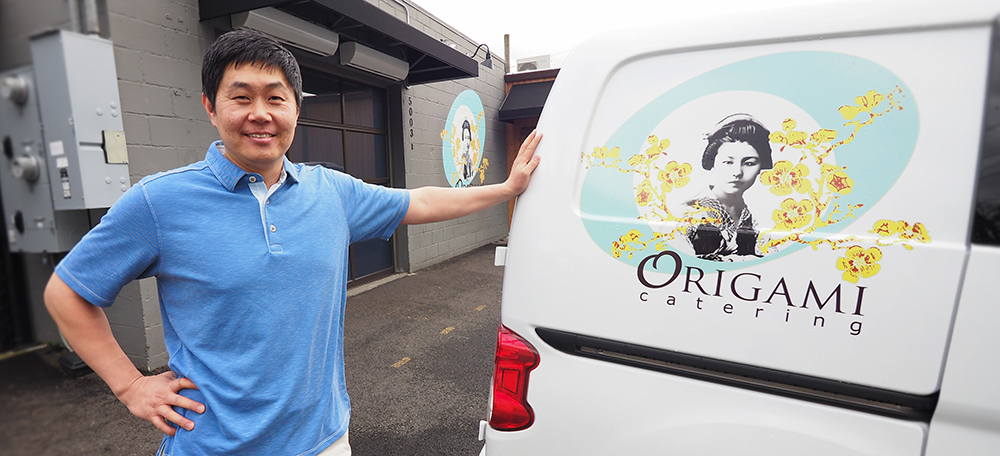
Prosperity Investment Program (PIP)
PIP Grants are awarded to support business competitiveness and/or property redevelopment in projects that meet social equity goals.
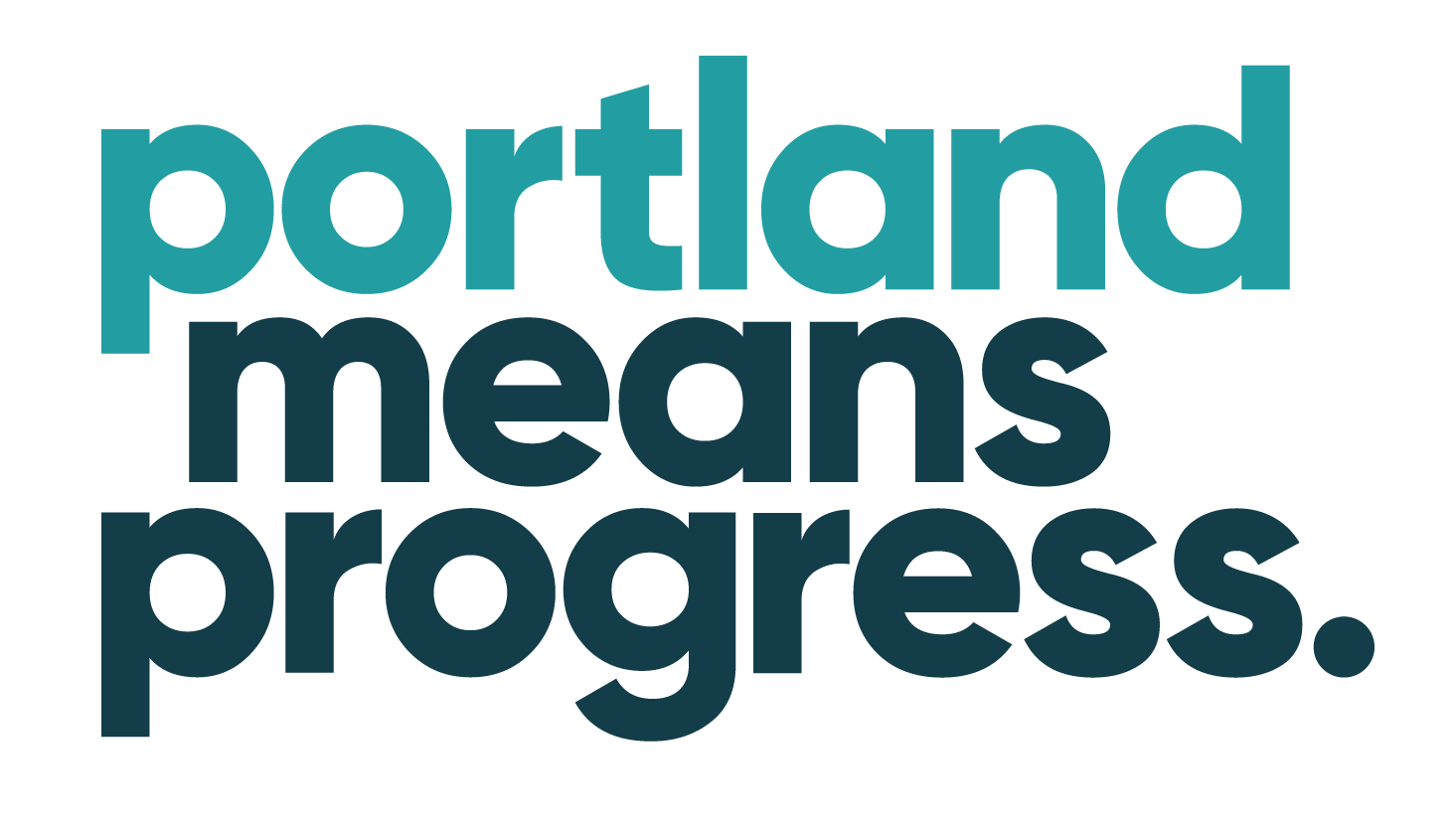
Portland Means Progress
This initiative provides connections for businesses to hire local students and young professionals of color, purchase from businesses owned by people of color and create diverse workforces and vibrant company cultures.
My People’s Market
My People's Market grew from a desire to create pathways for entrepreneurs of color to connect with the travel industry and new market opportunities.
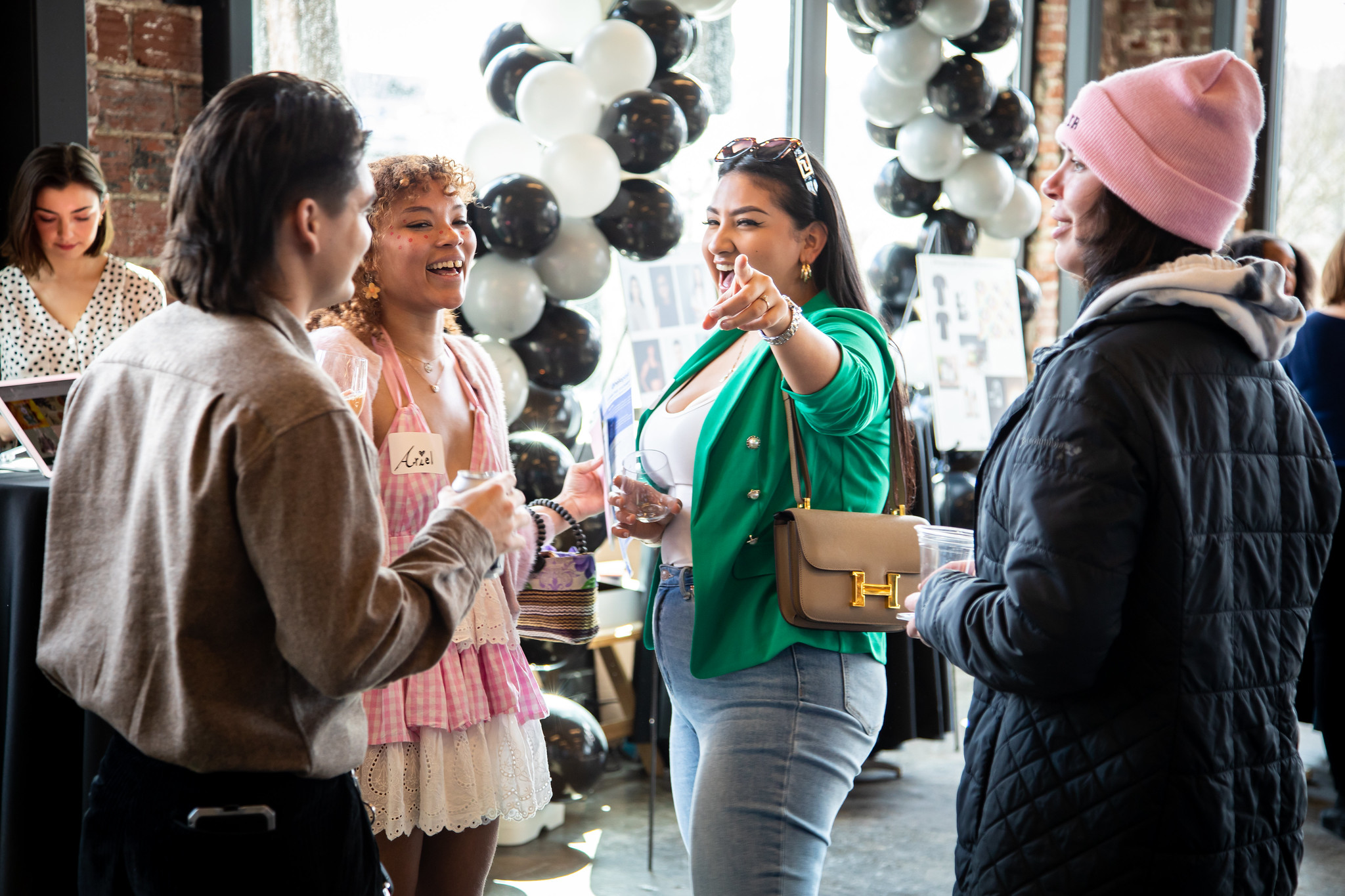
Mercatus
An online platform that highlights entrepreneurs of color through storytelling and a comprehensive inventory.

Local Small Business Expanded Repair/Restore Grants
The Local Small Business Expanded Repair/Restore Grant Program provides funding to small businesses located in the City of Portland that have sustained physical and economic damage due to break-ins and vandalism. Grants assists the eligible business to remain open and operational and contributes to maintaining a healthy street environment.
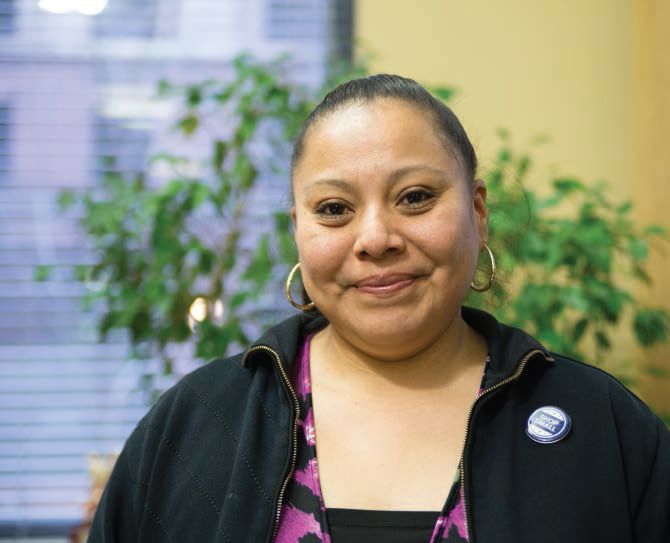
Inclusive Business Resource Network
The Inclusive Business Resource Network (IBRN) is a citywide program that brings multiple services for small business into a single network for entrepreneurs.
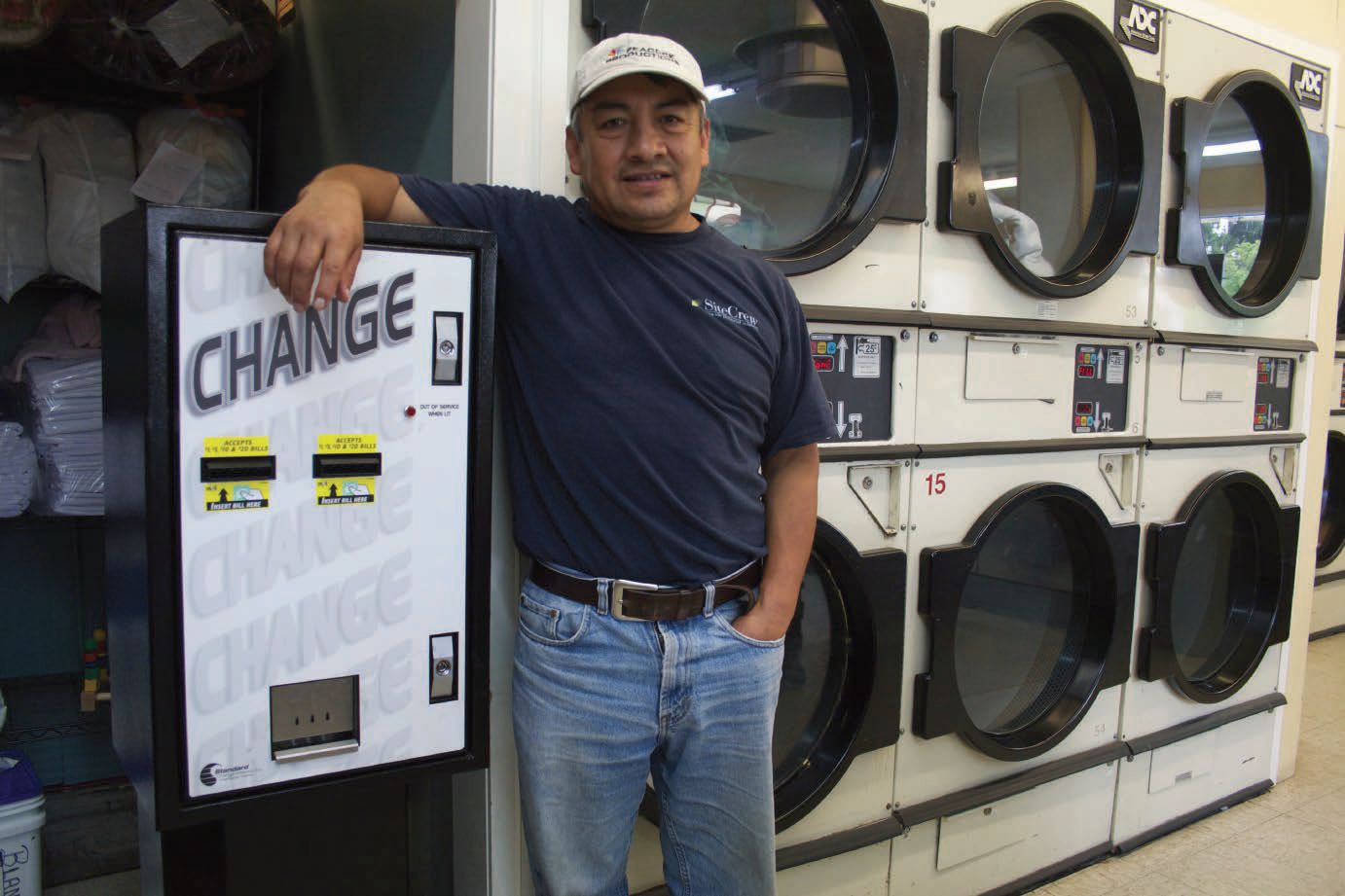
Affordable Commercial Tenanting Program
This program reduces barriers to entry for underrepresented businesses, preserves small business vitality, and advances our goal to build an equitable economy.
